Last weekend, The Hunger Games: Mockingjay – Part 2 made over $100 million at the box office. The movie’s success is largely due to the strength of Jennifer Lawrence and the popularity of the books. Enough digital ink has been spilled discussing the movie as a dystopian political outlook for young adult audiences. Instead, here we repurpose the world of Panem as if it adopted the intellectual property laws currently in the United States.
Accordingly, under that hypothetical, what trademark and publicity rights does Katniss Everdeen have? Did the rebels and/or the nation-state of Panem violate or infringe any of these rights by exploiting her image as the “Mockingjay”?
[mild spoilers ahead, proceed with caution if you have not seen the movie]
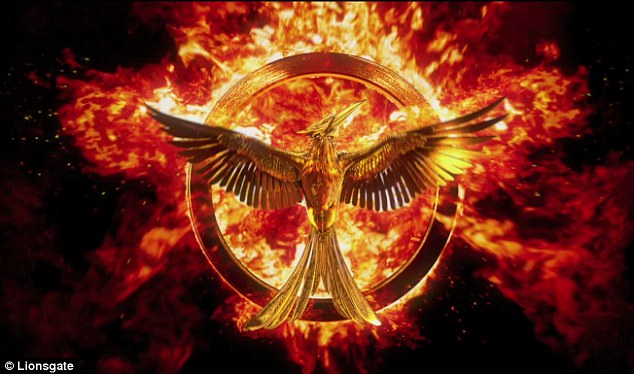
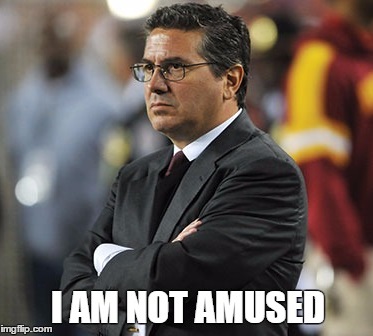
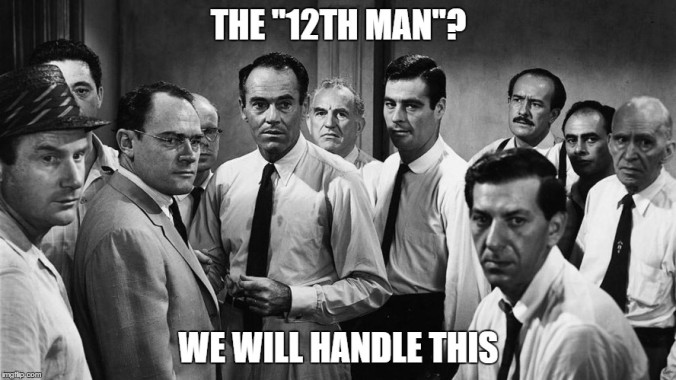
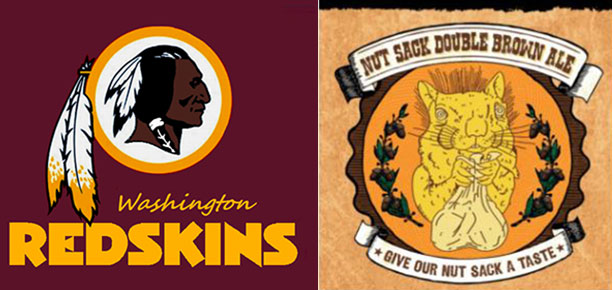
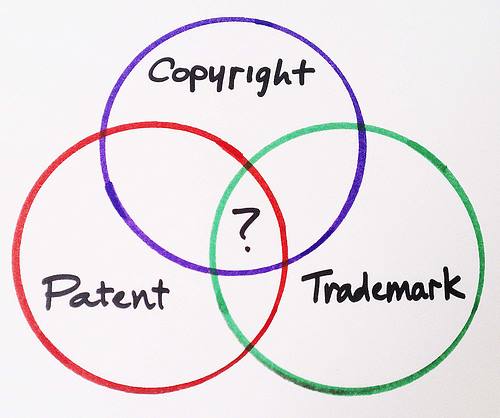


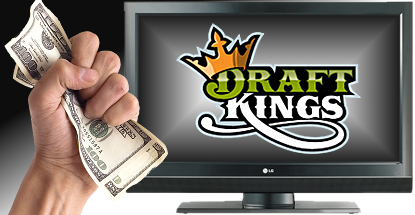
Recent Comments